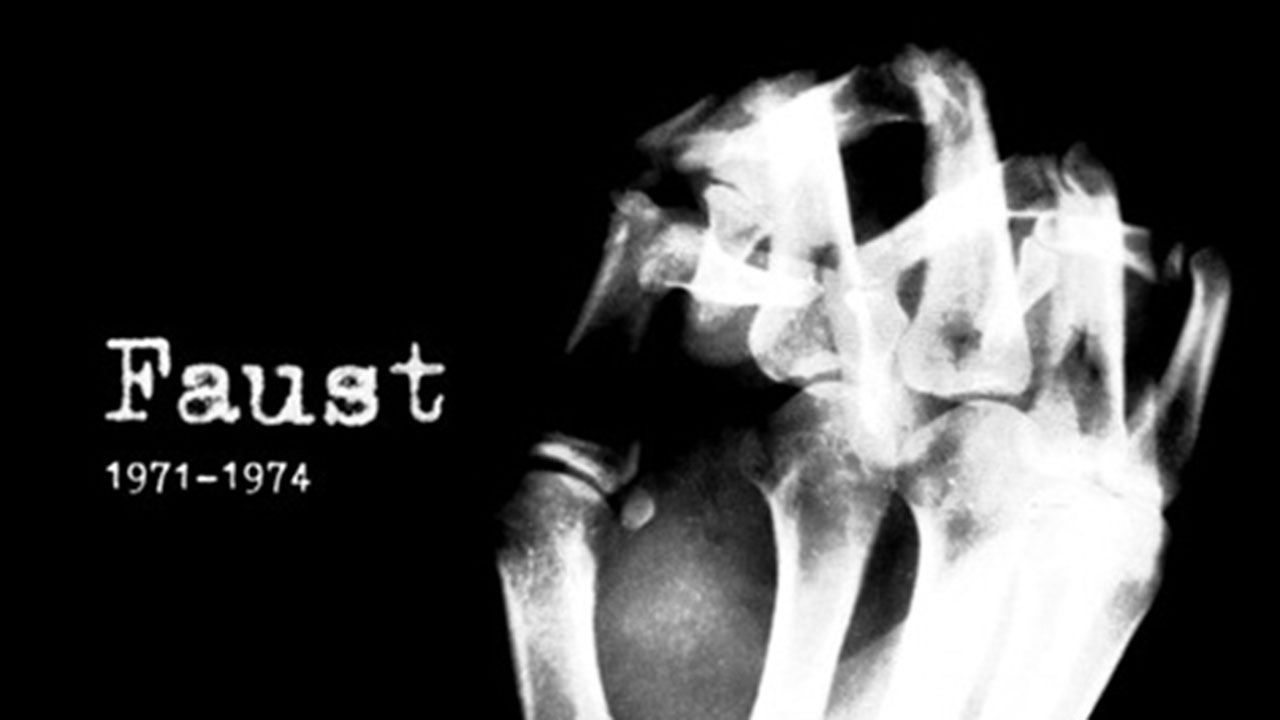You can trust Louder
Faust’s first record deal, with Polydor Germany in 1970, qualifies as one of the most audacious music biz scams. The label wanted a band that could be a home-grown answer to The Beatles and The Stones, and producer and journalist Uwe Nettelbeck convinced them to pay for Faust to live and create in a converted schoolhouse at Wümme near Hamburg where they were left to experiment, record kilometres of tape and find the time to grow their own dope and tomatoes.
Faust always liked quirky pop and folky tunes but from 1971’s self-titled debut onwards they travelled from there to the outer limits, with band jams, abstract electronics, speech, machine noise and more, juxtaposed via a disorienting use of tape editing. This reached its apogee on their 1973 album, The Faust Tapes, still an astonishing recasting of rock music as Dadaist collage, while on the more expansive Faust IV (also 1973), the pulsing, squalling wah-wah fest of Krautrock – a deliberately ironic title, given the band disliked the term – is complimented by the absurdist ska of The Sad Skinhead and the mysterious Jennifer, with its echoes of Syd Barrett.
This set expands on 2000’s ReR Megacorp box The Wümme Years: 70-73, although a few tracks are missing. It includes the complete sessions for the lost album Punkt recorded in 1974 at Giorgio Moroder’s Munich studio. Most of this has been released but the mix here is more detailed and powerful and the three unheard tracks from the session include the piano-led Schön Run. Faust fans will be slavering at the prospect of the two CDs of previously unreleased material recorded at Wümme. Admittedly some of these tracks are sketchy, but Faust were always looking for an angle, so one never knows what to expect. And unlike their contemporaries, there was never really a quintessential Faust track, or even a signature group style. Which is why this music remains so brilliant, baffling and ultimately unique.
Sign up below to get the latest from Prog, plus exclusive special offers, direct to your inbox!
Mike Barnes is the author of Captain Beefheart - The Biography (Omnibus Press, 2011) and A New Day Yesterday: UK Progressive Rock & the 1970s (2020). He was a regular contributor to Select magazine and his work regularly appears in Prog, Mojo and Wire. He also plays the drums.


